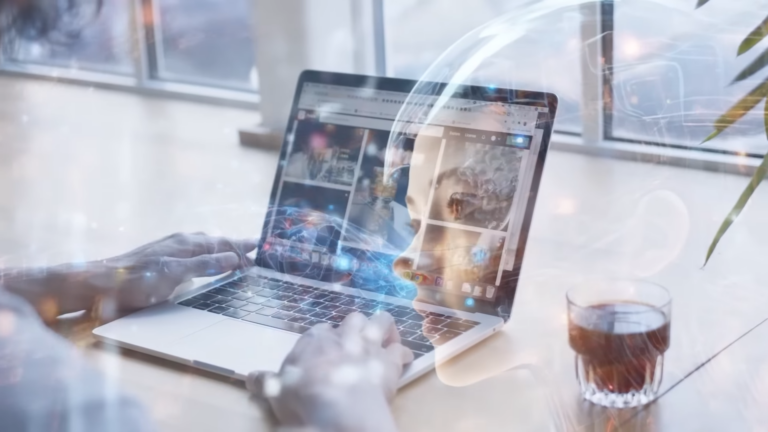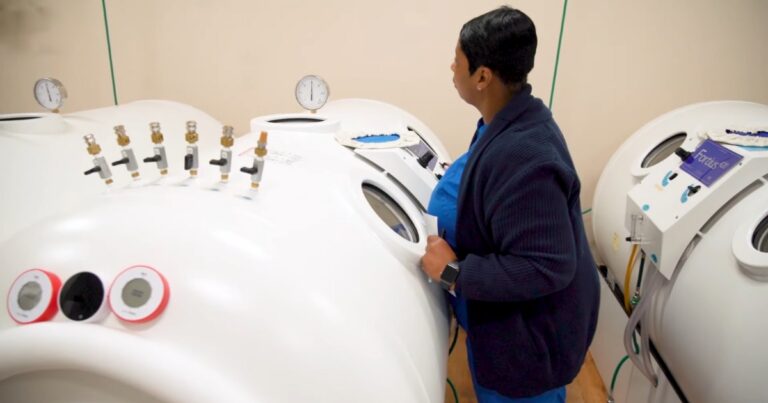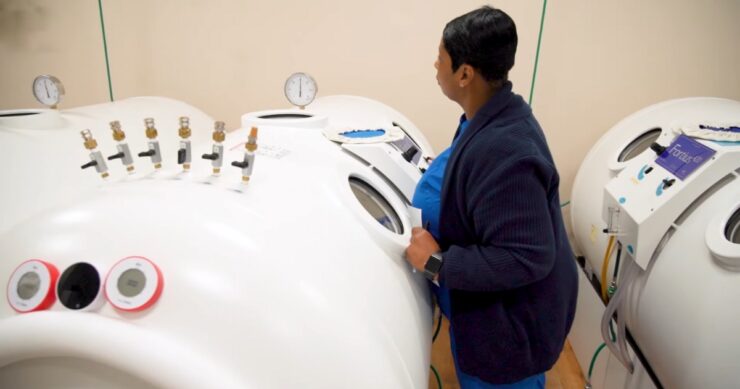Artificial Intelligence (AI) is often perceived as a domain of tech giants and innovative startups, primarily focused on automating mundane tasks or revolutionizing industries like transportation and healthcare.
However, the capabilities of AI extend far beyond these commonly highlighted applications. In this article, we will uncover some of the lesser-known, yet equally astonishing, abilities of artificial intelligence that are quietly reshaping various facets of our world.
1. Artistic Creation

When we think of art, we usually imagine a human artist pouring their emotions and creativity onto a canvas or into a piece of music. Enter AI – an unconventional artist. The realm of artificial intelligence in artistic creation is not limited to reproducing existing styles or mimicking famous artworks.
Instead, it is about understanding and redefining the essence of creativity. AI algorithms, fed with vast datasets of paintings, music, or poetry, can generate completely new pieces that resonate with human emotions.
These creations often defy traditional artistic norms and challenge our perception of artistry. What makes artificial intelligence in art fascinating is not just the end product but the process itself – an intricate interplay of algorithms trying to decode and replicate the most subjective and human aspect of our existence: creativity.
2. Adult Entertainment and AI
In the adult industry, the integration of artificial intelligence marks a significant shift in content creation and user experience. AI-driven technologies have enabled the development of highly personalized content, tailored to individual preferences and desires.
This personalization is achieved through advanced algorithms analyzing user behavior, preferences, and patterns, allowing for a more engaging and satisfying experience. Additionally, AI is instrumental in enhancing virtual reality experiences, providing more realistic and immersive interactions.
The use of AI in content moderation is another critical area, where it helps in efficiently filtering and managing content to ensure compliance with legal and ethical standards. Read more here.
3. Predicting Natural Disasters
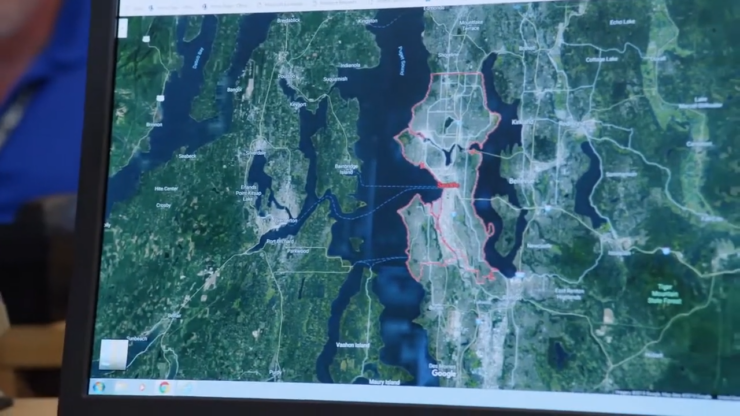
The ability of AI to predict natural disasters is a game-changer in disaster management and mitigation. By analyzing data from various sources, including satellite imagery, weather forecasts, and geological surveys, artificial intelligence algorithms can predict events like earthquakes, tsunamis, or hurricanes with increasing accuracy.
This capability is critical for timely evacuation and preparedness strategies, potentially saving thousands of lives and reducing economic losses. The real strength of AI in this domain lies in its capacity to process and analyze data on a scale and speed that is humanly impossible, leading to earlier warnings and more effective response strategies.
4. Revolutionizing Agriculture
AI’s intervention in agriculture is transforming this age-old industry. Through the use of sophisticated algorithms, farmers can now make informed decisions about planting, harvesting, and managing pests and diseases.
AI-powered drones and sensors can monitor crop health, analyze soil conditions, and even predict weather patterns, leading to increased efficiency and yield. This revolution in agriculture goes beyond just productivity; it’s about sustainability. By enabling precision farming, artificial intelligence helps in minimizing waste, conserving water, and reducing the environmental impact of agricultural practices.
5. Medical Diagnosis and Treatment
Perhaps one of the most impactful applications of AI is in the field of healthcare. Beyond diagnosing diseases from medical images, AI’s role in healthcare encompasses predicting disease outbreaks, personalizing treatment plans, and assisting in complex surgical procedures.
The continuous learning ability of artificial intelligence systems makes them increasingly accurate and reliable. In medical research, AI is accelerating the discovery of new drugs and treatment methods, opening new frontiers in personalized medicine. This not only has the potential to improve healthcare outcomes but also to make healthcare more accessible across the globe.
6. Language and Translation
AI’s capabilities in language understanding and translation are breaking down global communication barriers. Modern artificial intelligence systems are not just translating words; they are capturing cultural nuances, colloquialisms, and idioms, making cross-cultural communication more seamless.
This is particularly significant in today’s globalized world, where effective communication is key to international business, education, and diplomacy. AI’s advanced language models are also aiding in preserving and studying endangered languages, contributing to the conservation of cultural heritage.
7. Improving Energy Efficiency

In the face of global climate challenges, artificial intelligence is emerging as a key player in transforming how we manage and consume energy. AI systems are being used to optimize the operations of power grids, making them more efficient and reliable.
These systems analyze patterns of energy usage and predict demand, enabling utilities to better manage their resources. In the realm of renewable energy, artificial intelligence is essential for managing the variability and unpredictability associated with sources like solar and wind power.
By predicting weather patterns and energy production, AI helps in integrating these renewable sources into the grid smoothly. This application of AI is not just about enhancing efficiency; it’s about aiding the transition to more sustainable and environmentally friendly energy sources.
8. Enhancing Education
The impact of AI in the field of education is profound and far-reaching. AI-driven educational tools provide personalized learning experiences to students, adapting to their individual learning styles and pace. This technology can identify areas where students are struggling and provide targeted assistance, making education more effective and inclusive.
AI is also enabling educators to better understand student engagement and performance, helping them tailor their teaching methods. Beyond traditional classroom settings, AI is making education more accessible, breaking down barriers related to geography, economic status, or learning disabilities. This democratization of education has the potential to bridge educational gaps and foster a more informed and skilled global population.
9. AI in Sports
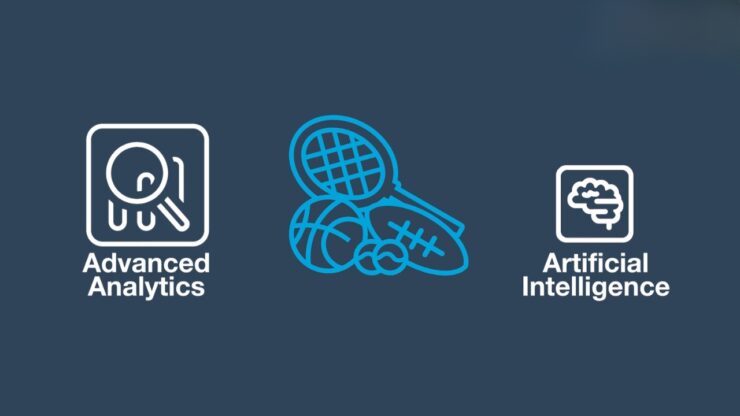
Sports is another arena where artificial intelligence is making significant inroads. It’s being used to analyze athlete performance, enhancing training regimens and improving overall physical capabilities. AI algorithms process data from sensors and video footage to provide insights into an athlete’s technique, endurance, and risk of injury.
This data-driven approach helps in customizing training programs that are more effective and safer. Beyond training, AI is also enhancing the fan experience by providing detailed analytics during games, offering a deeper understanding of the sport.
The predictive capabilities of artificial intelligence are even being used to forecast game outcomes, adding a new dimension to sports betting and fantasy leagues.
End Note
The exploration of AI’s capabilities is like embarking on a journey with no definite endpoint. Each new discovery opens up further avenues for innovation and application. AI is not just a set of tools or technologies; it’s a catalyst that is transforming every aspect of our lives, often in ways we hadn’t anticipated.
Related Posts:
- 15 Times Kim Kardashian Probably Hated Her Big Boobs…
- Who Is Chris Ivery? 10 Things to Know About Ellen…
- How Long Do the Effects of Hyperbaric Oxygen Therapy…
- The Benefits and Health Considerations of Adult…
- Essential Equipment for Pile Driving Operations:…
- UberEats Age Dilemma: Can You Start Delivering at…

